Solar Panel Mounting System
Optimize your energy production plant and energy consumption methods with our Solar Panel Mounting Kit to meet the most efficient ends, generating clean electricity for your home or business. Whether you want to set up a solar panel roof mounting kit or ground solar panel mounting system, we have you covered.
Get a call back
Mounting Kit Types
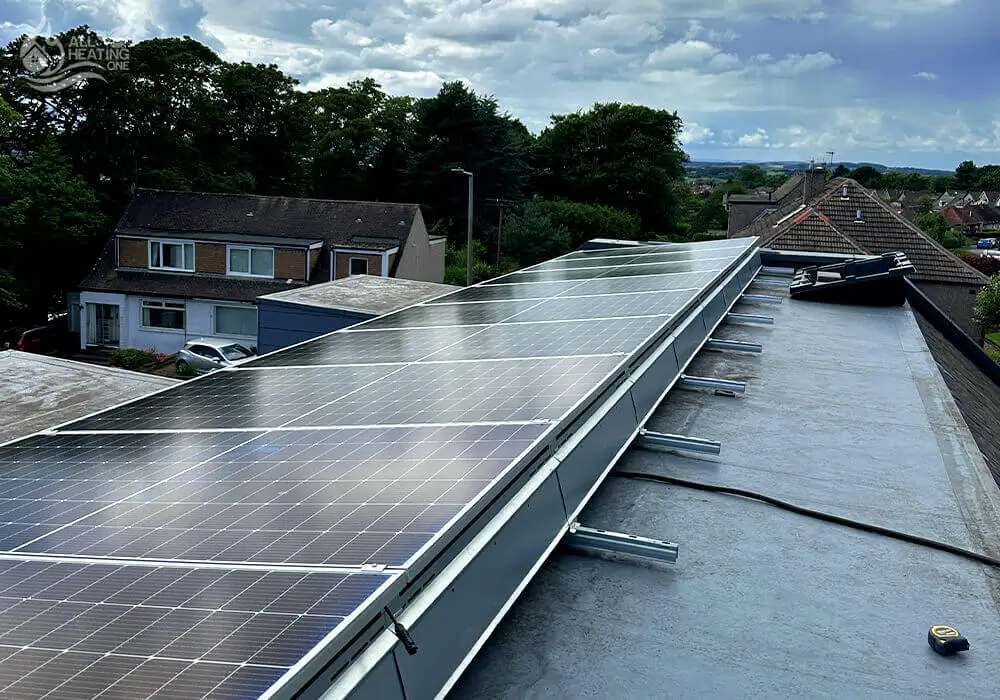
On Roof Mounting System

The on-roof mounting system is the most typical installation technique that sets up solar panels on building’s rooftops to produce power from unused space. It works best on roofs that have plenty of solar exposure and solid structural support, thus are positioned parallel to the roof surface. The system may be smoothly incorporated into the current infrastructure of a private residence, a corporate office building, or an industrial site, without causing significant disturbances. Because the panels are modular, customers may scale up the system depending on the electricity requirements over time.
Integrated Mounting System
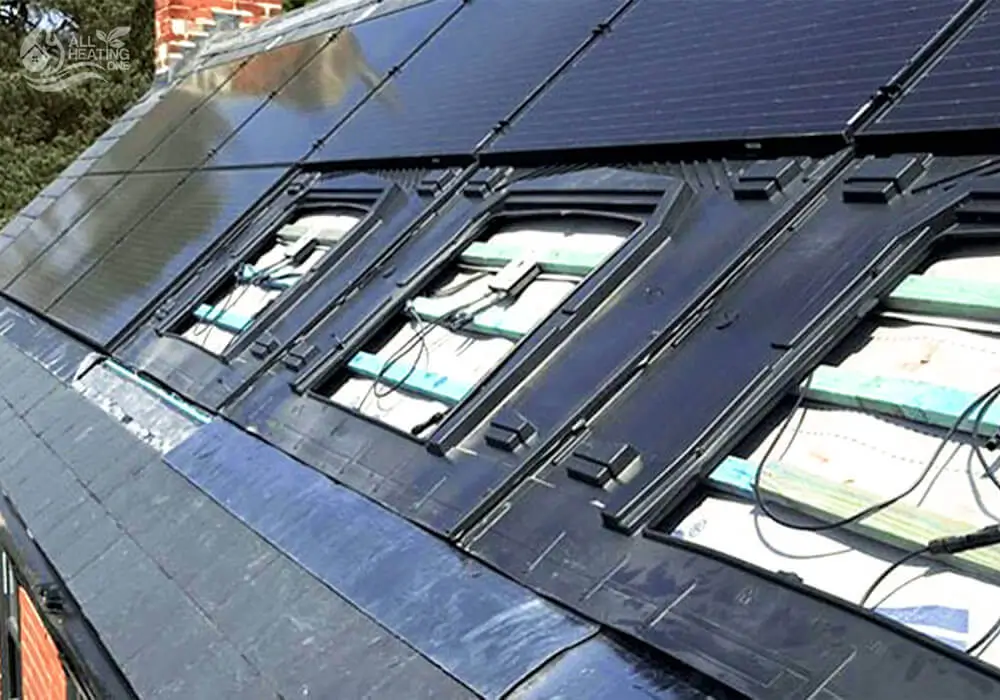
The integrated mounting system is also known as an in-roof solar mounting system because it can integrate solar panels into building materials, such as solar shingles or solar tiles. It is revolutionizing the way we harness energy from the sun with the help of photovoltaic modules,
resembling the traditional roofing materials. Each module is designed to be weatherproof and durable to withstand harsh environmental conditions.
The integrating mounting system replaces the roof covering and beautifully integrates the solar panels in the roof. This makes it an ideal choice for homeowners who want to harness the power of the sun without compromising the design and aesthetics of their home.

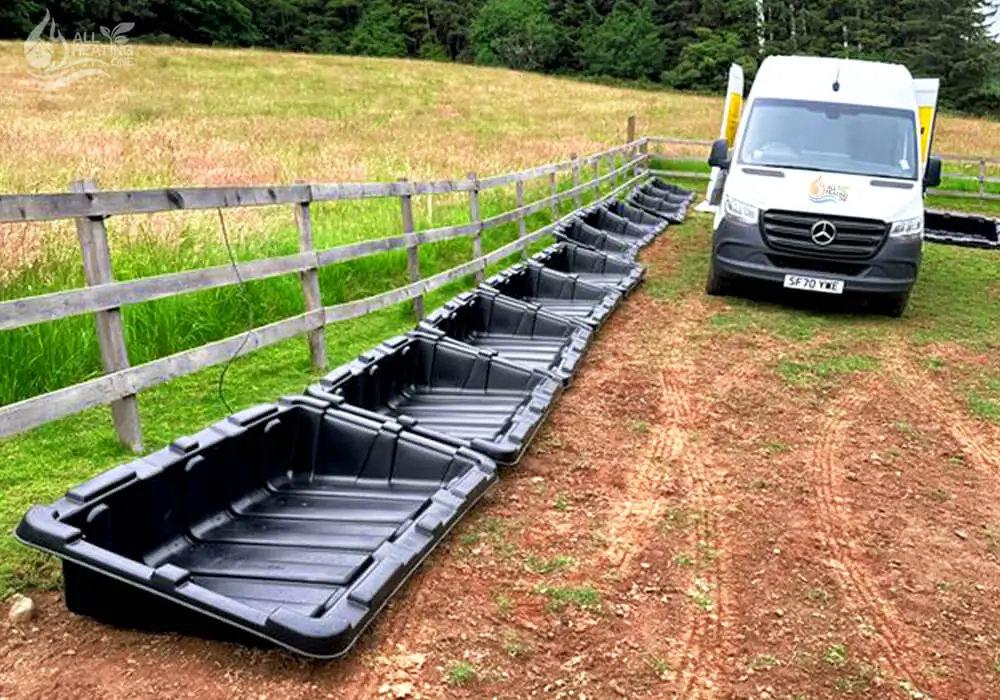
Ground Mount Solar Mounting System
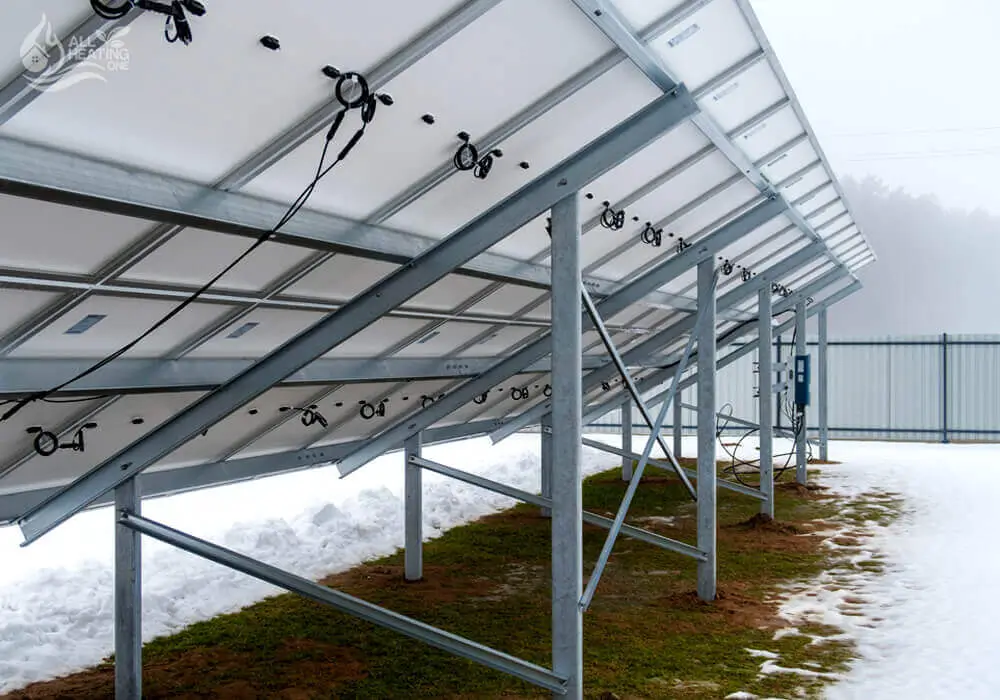
In the ground Mount Solar Mounting System, the Solar panels are positioned directly on the ground as opposed to roofs or other structures. The system is used when solar panels cannot be mounted on rooftops or when there is sufficient ground space available. The ground mounting system for solar panels may be installed in open spaces with unrestricted access to sunlight making it easy to maintain and clean solar panels for better performance. In this solar panel mounting system the panels allow for easy tilt angle and orientation modifications such as setting up pole mounts, tracker mounts, or fixed tilt mounts.
Flat Roof Mounting System
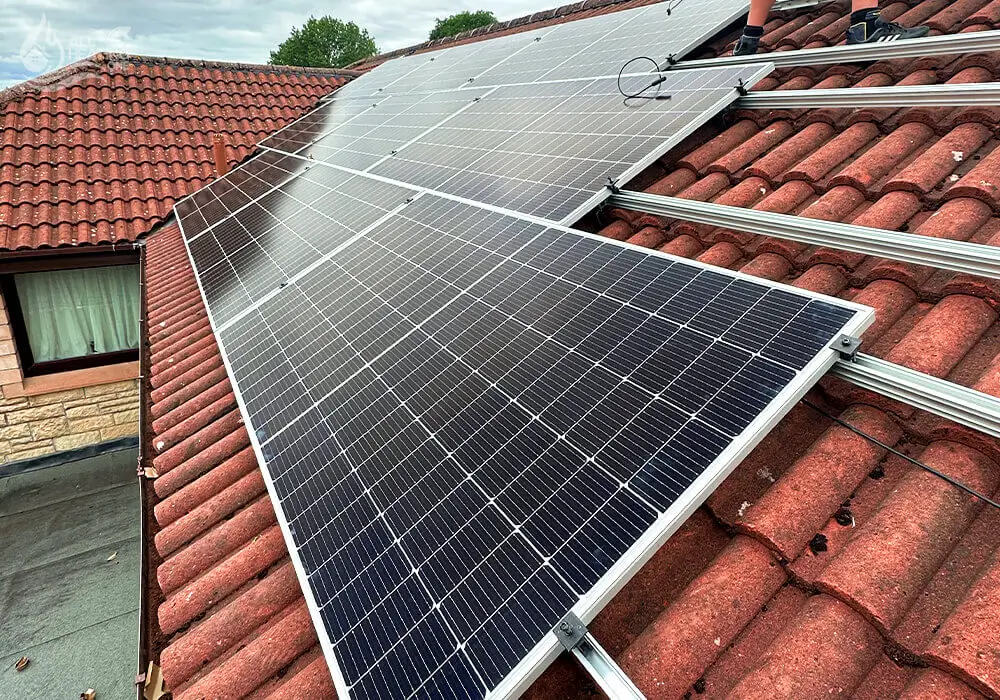
The Flat roof mounting system is designed to install solar plants in those buildings and areas where the rooftop or the surface is flat. Some of the more popular roof mount options for flat roof solar photovoltaic (PV) applications are tilt-up penetrated, self-ballasted, and flush mounted having different installation procedures and usages depending on weather, the roof structure, and other factors. Adding solar to a flat roof has built-in complexity and requires a wide array of options to meet the building requirements such as a mechanically attached system, a ballasted system, or even a hybrid system. However, the initial costs of flat roof solar mounting systems seems higher than traditional energy sources, but its long-term savings and return on investment often outweigh the upfront expenses.

Commercial Solar Finance
SOLAR PANEL GRANTS & FUNDING FOR BUSINESSES
We have a huge variety of sources that make multiple funding options and grants available for you to get the solar panels installed to transform the way of generating, consuming, and storing electricity for your personal or business use while maintaining environmental sustainability.
What Sets Us Apart
Exceptional Quality
Transparency and Efficiency
Customer Satisfaction
Skilled Craftsmen
Exceptional Quality
We take the responsibility of providing you with exceptional quality of products and services as well, from guidance about suitable mounting systems to the after-purchase installation.
Transparency and Efficiency
Our team and representatives are available to communicate the entire mounting procedure and associated charges that come under our services.
Customer Satisfaction
Once a customer is always a customer for us, thereby we hold your hand until you get satisfied with the value provided to you.
Skilled Craftsmen
For resolving the complexity of mounting procedures and technique, we have skilled craftsmen who are quite experienced and experts in their tasks.
Contact us to avail our services in many areas across Scotland including Glasgow,
Edinburgh, Aberdeen, Inverness, Stirling, Dundee, Perth, and Falkirk.
Frequently Asked Question
What mounting system is best for solar installation?
To make sure the mounting system is best for your particular power requirements, take into account elements like limited space, structural compatibility, and local weather conditions.
What is the difference between solar roof mounting and traditional solar panels?
The functionality of solar roof mounting is no different from traditional solar panels. The solar panel mounting system also generates DC electricity when sunlight hits the tiles and the photovoltaic cells absorb the energy.
How does the solar panels mounting kit produce energy efficiently?
The solar panel mounting kit is designed to maximize energy production by utilizing advanced technologies such as monocrystalline or polycrystalline silicon cells that are known for their high efficiency and ability to convert a greater amount of sunlight into usable electricity.
Are there any risks involved in roof solar mounting systems?
There is a risk of water leaking or damaging the insulation on the roof may create unwanted problems during the installation. Before putting in any mounting system, check the roof carefully to see if it is acceptable for installation and structurally sound.